Summary
- Profile Type
- Business Offer
- POD Reference
- BOCO20250709015
- Term of Validity
- 9 July 2025 - 9 July 2026
- Company's Country
- Colombia
- Type of partnership
- Commercial agreement
- Investment agreement
- Targeted Countries
- France
- Denmark
- Spain
- Netherlands
- Germany
Contact the EEN partner nearest to you for more information.
Find my local partner
General information
- Short Summary
- A Colombian initiative offers immersive gastronomic and educational experiences rooted in sustainable gastronomy, seed-based cuisine, fermented beverages, and agroecological practices. It seeks commercial and promotional partnerships with companies, agencies, or platforms interested in curated food journeys and hands-on learning activities for their audiences.
- Full Description
-
This Colombian initiative operates as a culinary lab and agroecological learning center in the rural mountains of El Peñol, in the department of Antioquia. Its work explores the intersections between food, agriculture, and culture through hands-on experiences, educational programming, and regenerative practices rooted in local traditions.
The initiative is grounded in two complementary areas: food and farming. On the agricultural side, it promotes regenerative cultivation, open-pollinated seed conservation, and agroforestry systems to restore ecosystems and strengthen local food networks. On the culinary side, it reinterprets rural gastronomy by linking seed stewardship with creative cooking, drawing from traditional foodways while encouraging experimentation.
The team offers curated educational and gastronomic experiences, including workshops, retreats, and practice-based sessions in agroecology, seed-to-table cuisine, and ancestral fermentation. All activities are participatory and immersive, designed to connect participants with the land, food heritage, and sustainable living. Rather than teaching fixed recipes, the approach fosters dialogue, reflection, and shared learning.
Culinary events form a key part of their programming. Experiential dinners and tastings highlight the journey from seed to plate, integrating forgotten ingredients and traditional techniques into a contemporary narrative. These moments aim to deepen awareness and appreciation for flavor, biodiversity, and memory.
The initiative also facilitates informal gatherings and conversations that bridge generational and disciplinary knowledge around food, land, and culture. These exchanges support collective understanding and strengthen links between ancestral wisdom and current sustainability challenges.
Their house-workshop includes a garden with native and heirloom varieties, many of which are at risk of disappearing. The organization maintains strong ties with neighboring small-scale farmers, sharing knowledge and collaborating on both fieldwork and culinary exploration.
The team brings together diverse experience in gastronomy, food education, agroecology, participatory research, and storytelling. Their work is rooted in practice and guided by a shared commitment to food sovereignty, cultural preservation, and ecological sustainability.
The initiative is currently seeking international partners—such as educational institutions, culinary travel operators, food networks, and cultural organizations—interested in co-developing or promoting meaningful food-based experiences. Potential forms of cooperation include content licensing, joint programming, promotional partnerships, or the inclusion of their offerings in broader travel, education, or sustainability initiatives.
By building bridges between food, land, and community, this Colombian project offers partners a unique opportunity to connect audiences with living traditions, regenerative practices, and the rich culinary heritage of the Andes. - Advantages and Innovations
-
This Colombian initiative brings together over a decade of experience in regenerative agriculture, culinary innovation, and applied research. It connects food production with cooking and learning processes through a multidisciplinary team composed of farmers, cooks, educators, journalists, artists, and researchers. Together, they explore the social, ecological, and cultural dimensions of food systems.
A key differentiator is the team’s control over the full food cycle—from seed to plate. All seeds are grown, saved, and multiplied on-site, relying exclusively on native and regionally adapted varieties. No commercial seeds or seedlings are used. This approach reflects a long-term commitment to food sovereignty and agroecological resilience, built through years of seasonal work and close observation of local farming systems.
In the kitchen, the team focuses on transforming local and regional crops—especially Andean species—into preparations that challenge conventional recipes. Their experimental approach emphasizes fermentation, seed-based preparations, and iterative testing to discover new uses for underappreciated ingredients. Each dish reflects both technical skill and ecological understanding.
Research is central to their practice. The initiative documents techniques, studies ingredient transformations, and collaborates with farming communities to learn from traditional knowledge. Based on this foundation, it designs educational formats and food-based experiences that prioritize observation, experimentation, and collective reflection.
By integrating seed conservation, culinary creativity, and participatory learning, the initiative offers a replicable model that links agriculture, knowledge production, and public engagement. Its work contributes to regenerative food systems that are culturally grounded, ecologically viable, and socially inclusive. - Stage of Development
- Already on the market
- Sustainable Development Goals
- Goal 2: Zero Hunger
- Goal 4: Quality Education
- Goal 10: Reduced Inequality
- Goal 12: Responsible Consumption and Production
- Goal 15: Life on Land
- Goal 13: Climate Action
- IPR status
- No IPR applied
Partner Sought
- Expected Role of a Partner
-
The organization seeks to develop partnerships with entities interested in co-creating gastronomic and educational experiences grounded in sustainability, agroecology, and food culture. These collaborations aim to connect diverse audiences with seed-to-plate practices through immersive and participatory formats.
Potential partners include:
Tour operators and travel agencies seeking to enrich their itineraries with culturally rooted, food-based experiences. These partners would act as facilitators of ecotourism or cultural tourism, integrating activities such as fermentation tastings, sensory dinners, or seed conservation workshops into their offerings.
Culinary and hospitality schools or institutions interested in incorporating experiential learning into their curricula. Partnerships may involve student exchanges, training residencies, or collaborative programming that promotes sustainable cooking and agroecological principles.
Cultural organizations or networks engaged in food heritage, rural development, or sustainability. These entities may support the co-organization of public events, documentation of traditional knowledge, and integration of food culture into broader educational or cultural initiatives.
Companies and social enterprises looking to offer curated gastronomic experiences to clients or the public. These partners may assist with event coordination, content development, or sponsorship of initiatives that promote responsible food systems and culinary storytelling.
Research centers and academic institutions aiming to explore agroecology, fermentation, seed conservation, or food systems through collaborative fieldwork or knowledge-sharing. In such cases, the partnership may involve co-designing studies, conducting participatory research, or facilitating dissemination of findings.
All partnerships are expected to contribute to the initiative’s mission of making sustainable food systems more visible, engaging, and accessible. Depending on the shared objectives, collaborations may be short-term, event-based, or developed into long-term strategic alliances. - Type and Size of Partner
- SME 11-49
- University
- Other
- R&D Institution
- SME <=10
- Type of partnership
- Commercial agreement
- Investment agreement
Dissemination
- Technology keywords
- 07002001 - Forest technology
- 08001001 - Drink Technology
- 08001005 - Food Technology
- Market keywords
- 07003002 - Health food
- 05009001 - Food & feed ingredients
- 07005004 - Education and educational products and materials
- 07005002 - Other restaurants
- Sector Groups Involved
- Tourism
- Creative Industries
- Proximity & Social Economy
- Agri-Food
- Targeted countries
- France
- Denmark
- Spain
- Netherlands
- Germany
Images
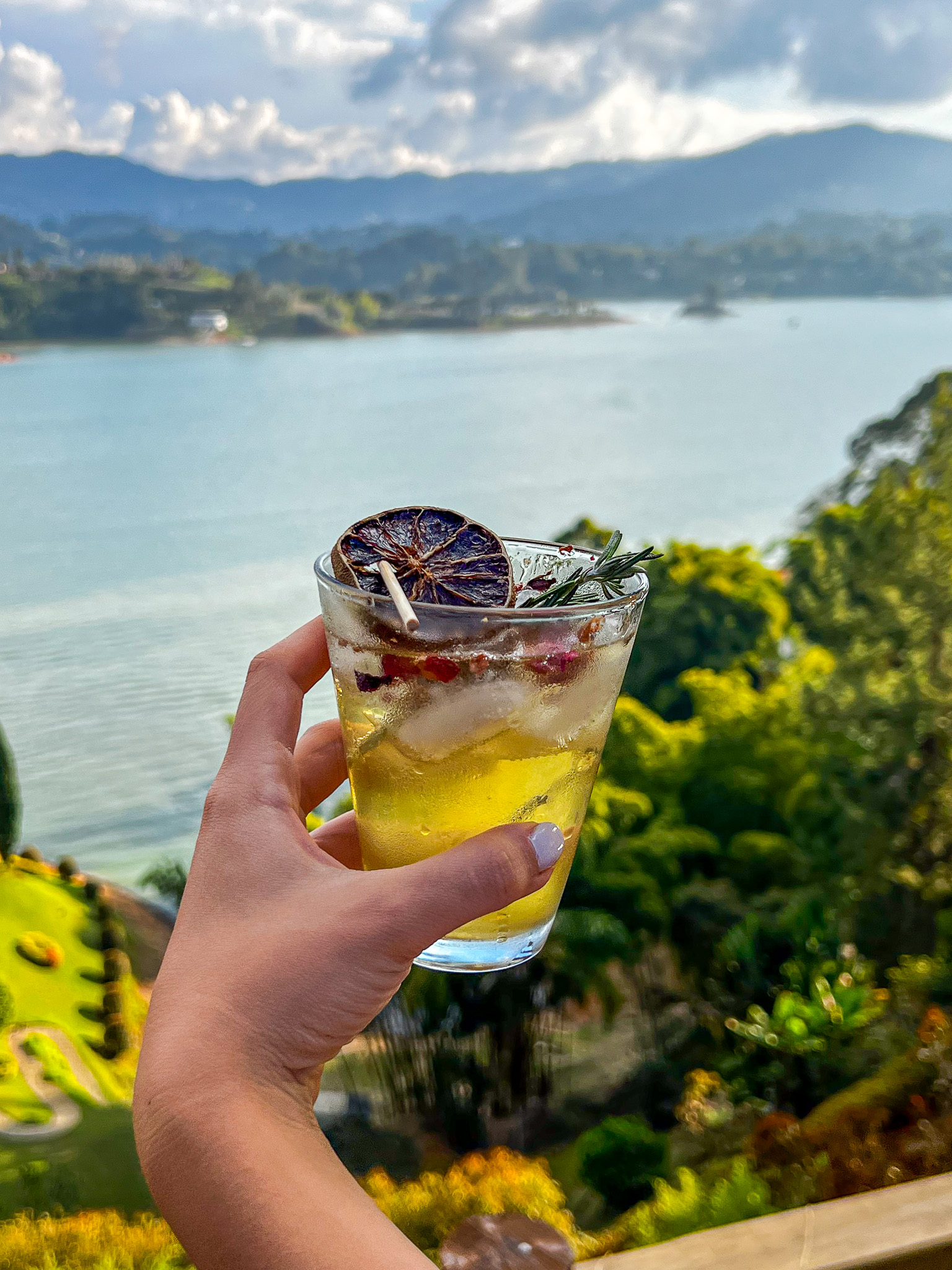

IMG_0509 - Los Sabores Perdidos.jpg 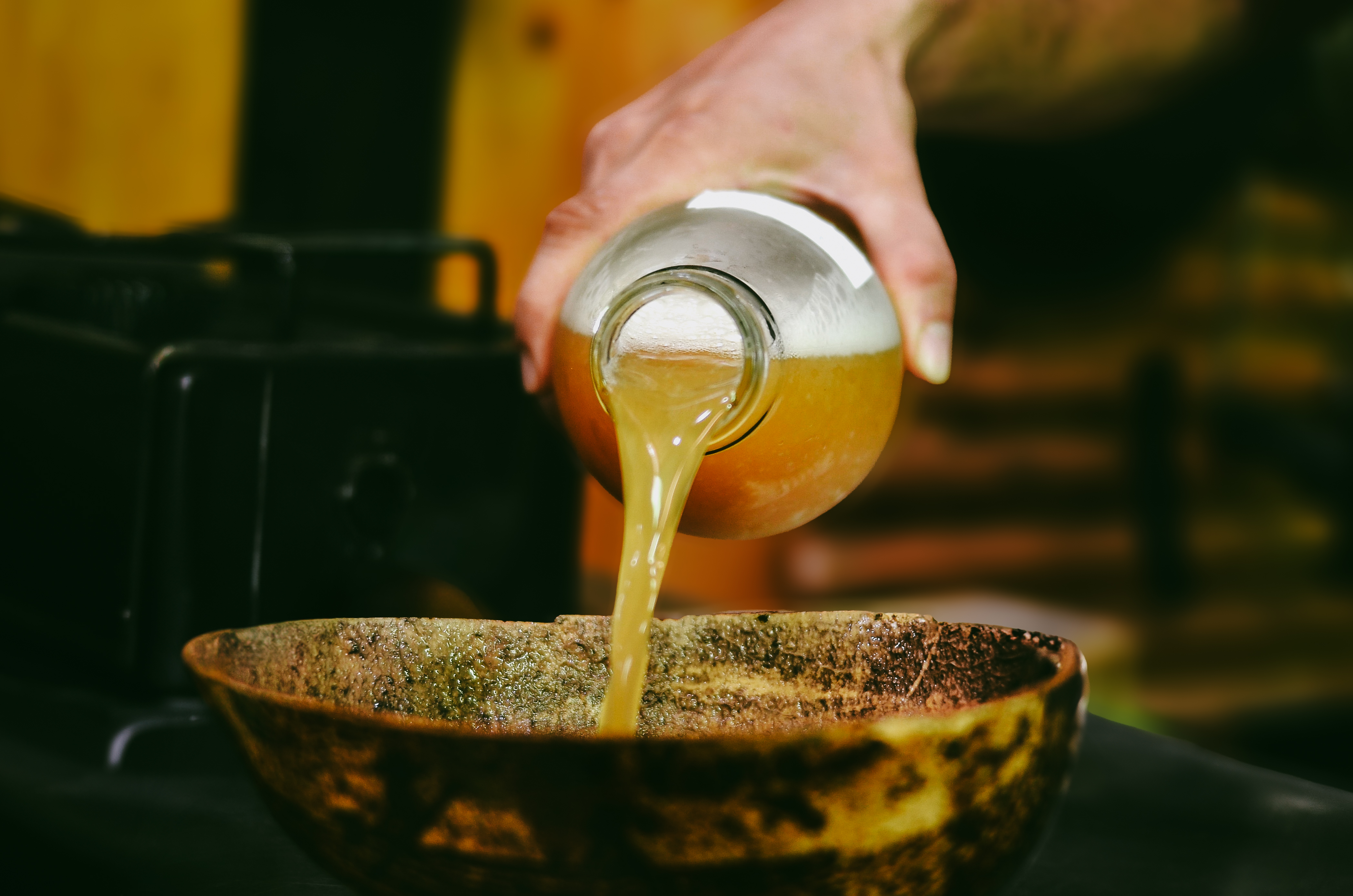

Chicha de Maíz_Los Sabores Perdidos (60)-3 - Los Sabores Perdidos.jpg 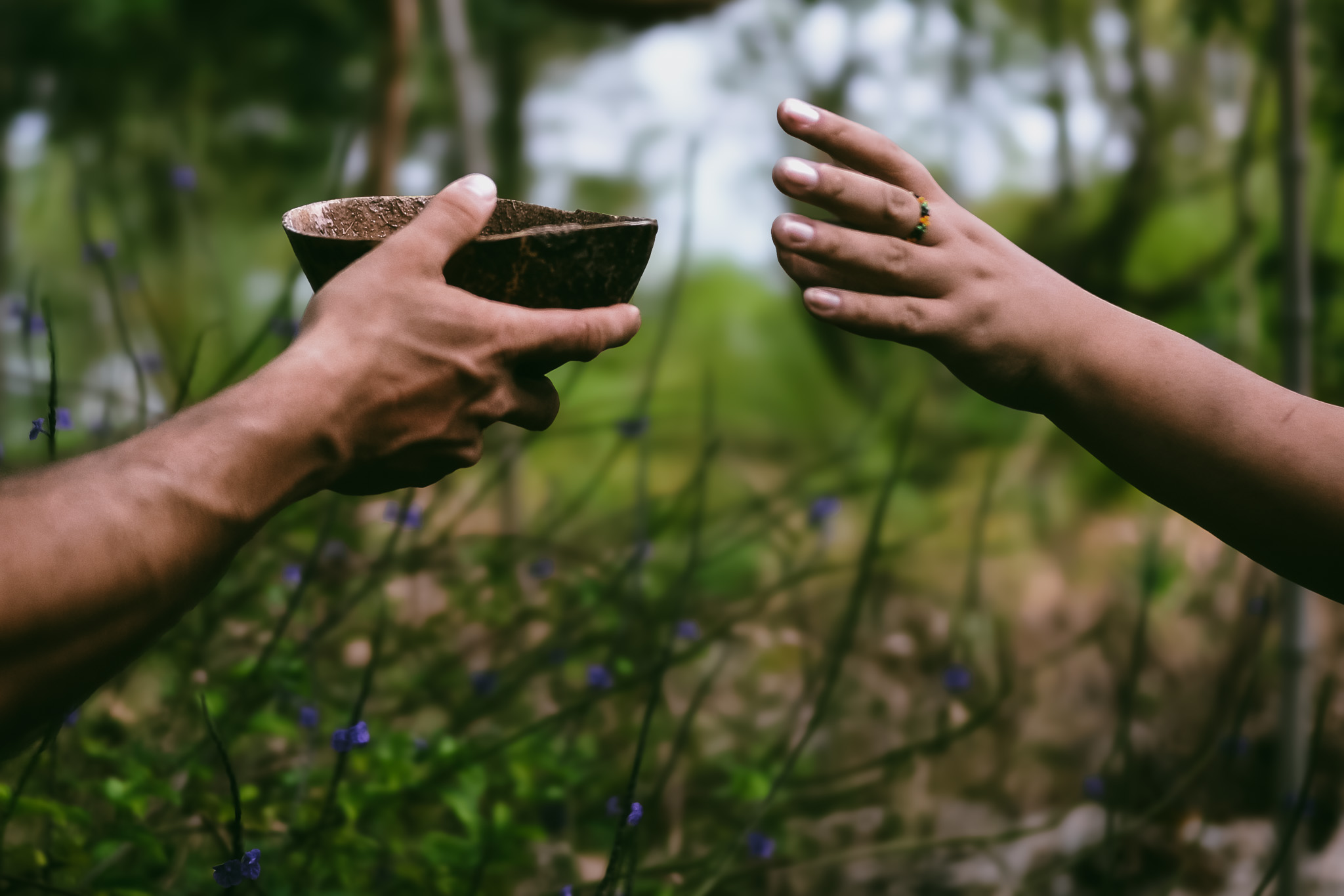

Chicha de Maíz_Los Sabores Perdidos (23) (1)-4 - Los Sabores Perdidos.jpg 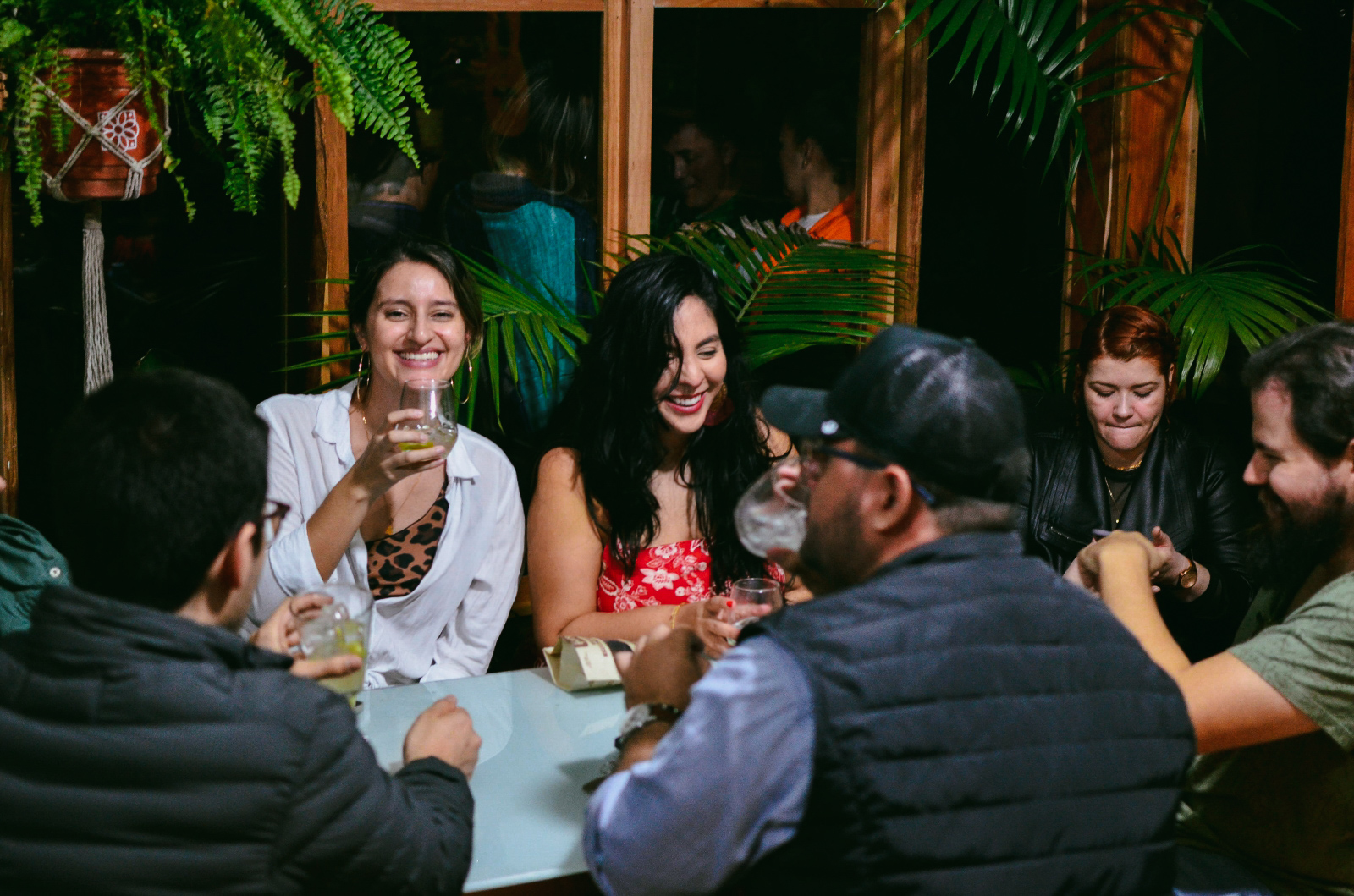

2023-04-03-13-05-06-030 (1) - Los Sabores Perdidos.jpg 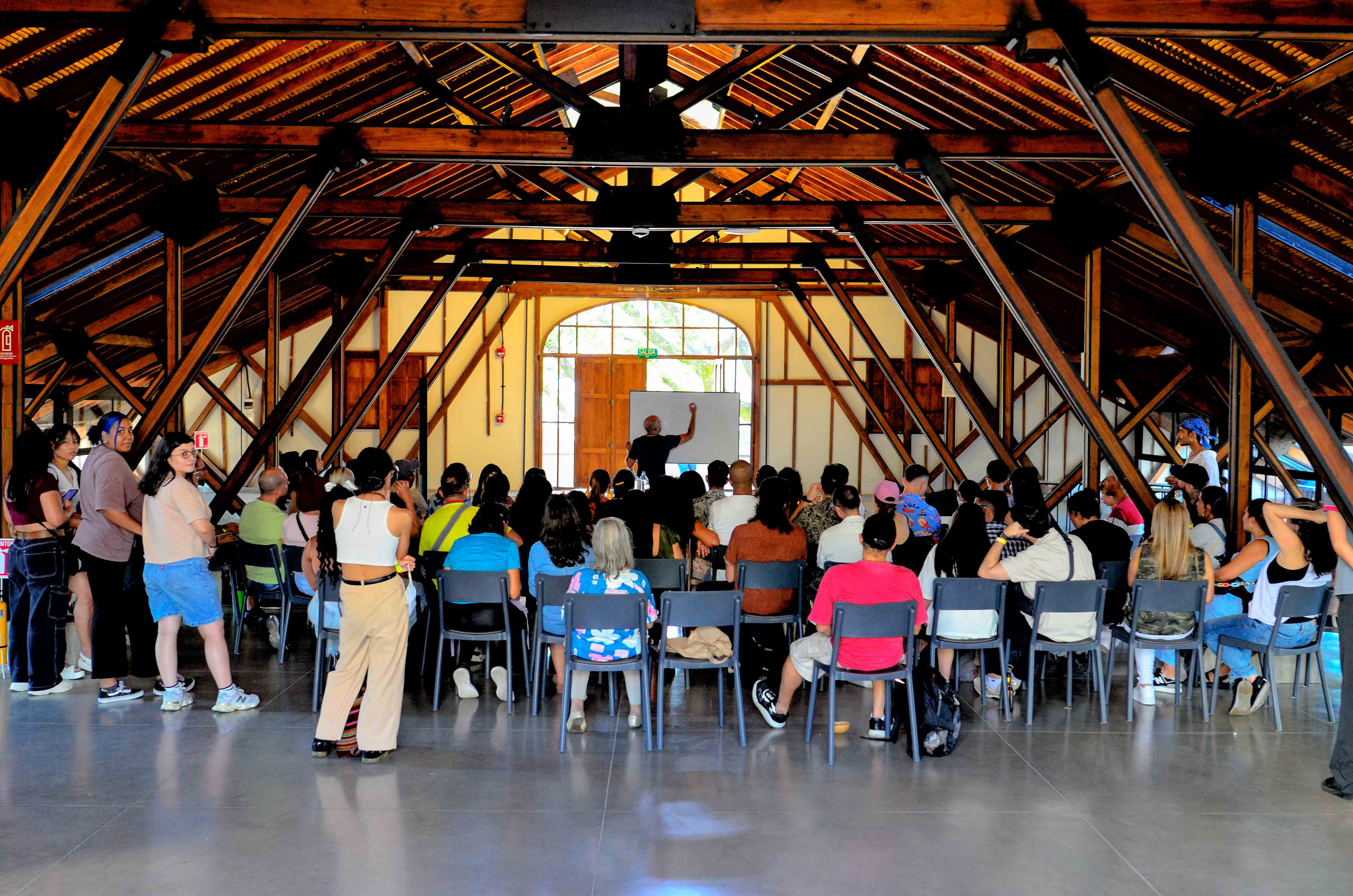

_DSC8990 - Los Sabores Perdidos.jpg 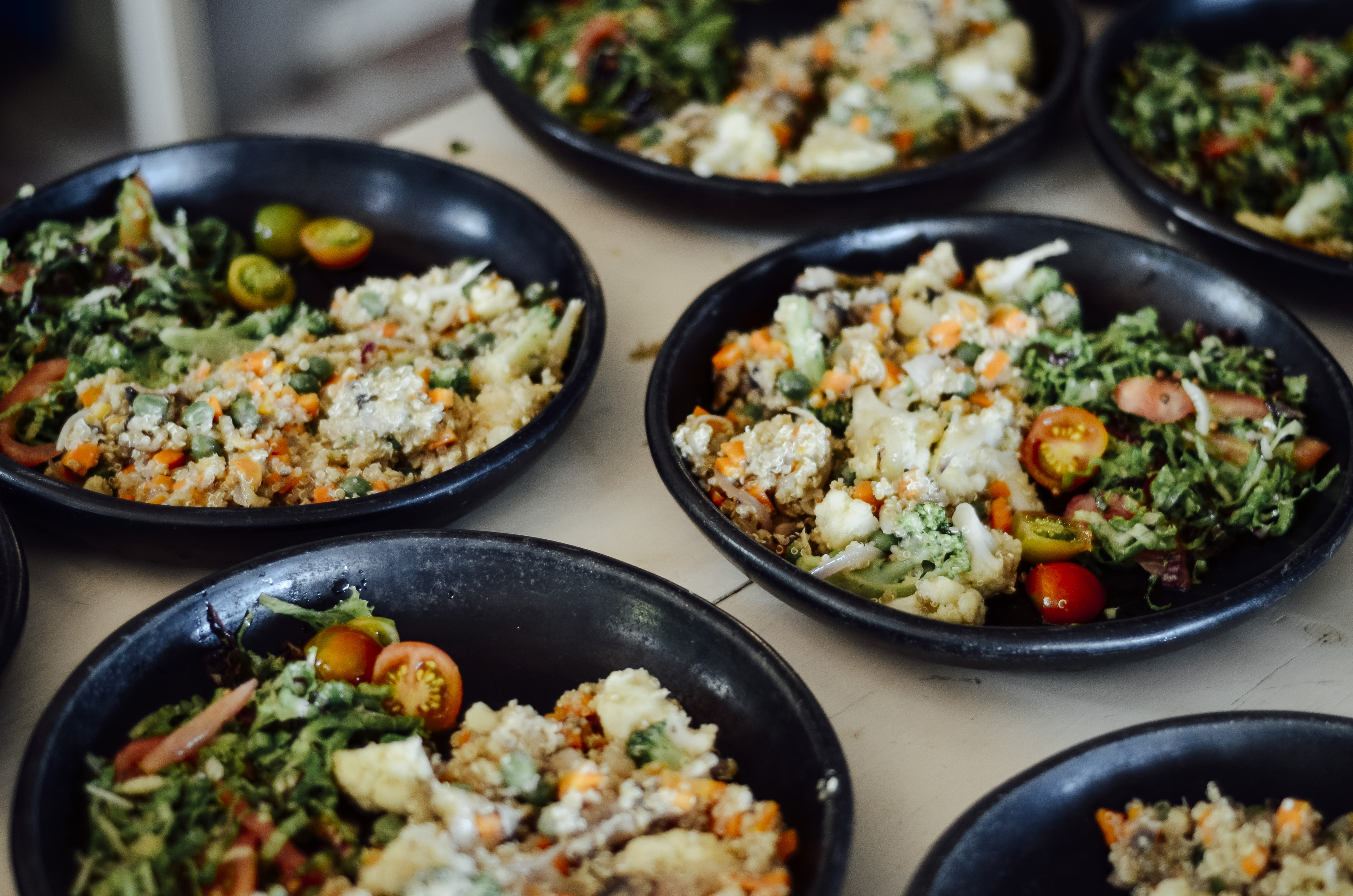

_DSC7574 (1) - Los Sabores Perdidos.jpg 

IMG_1589 - Los Sabores Perdidos.jpg 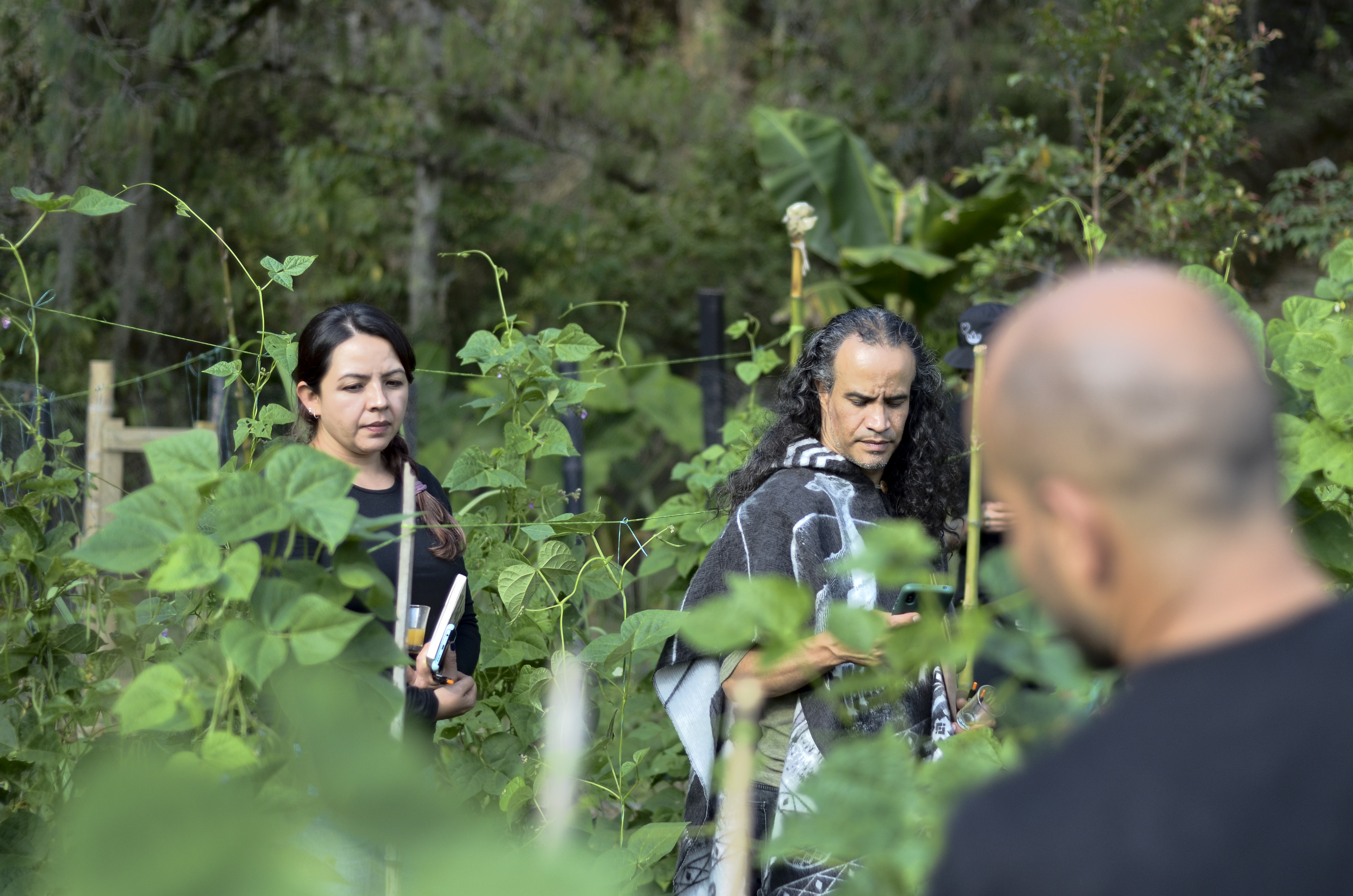

_DSC7703 - Los Sabores Perdidos.jpg 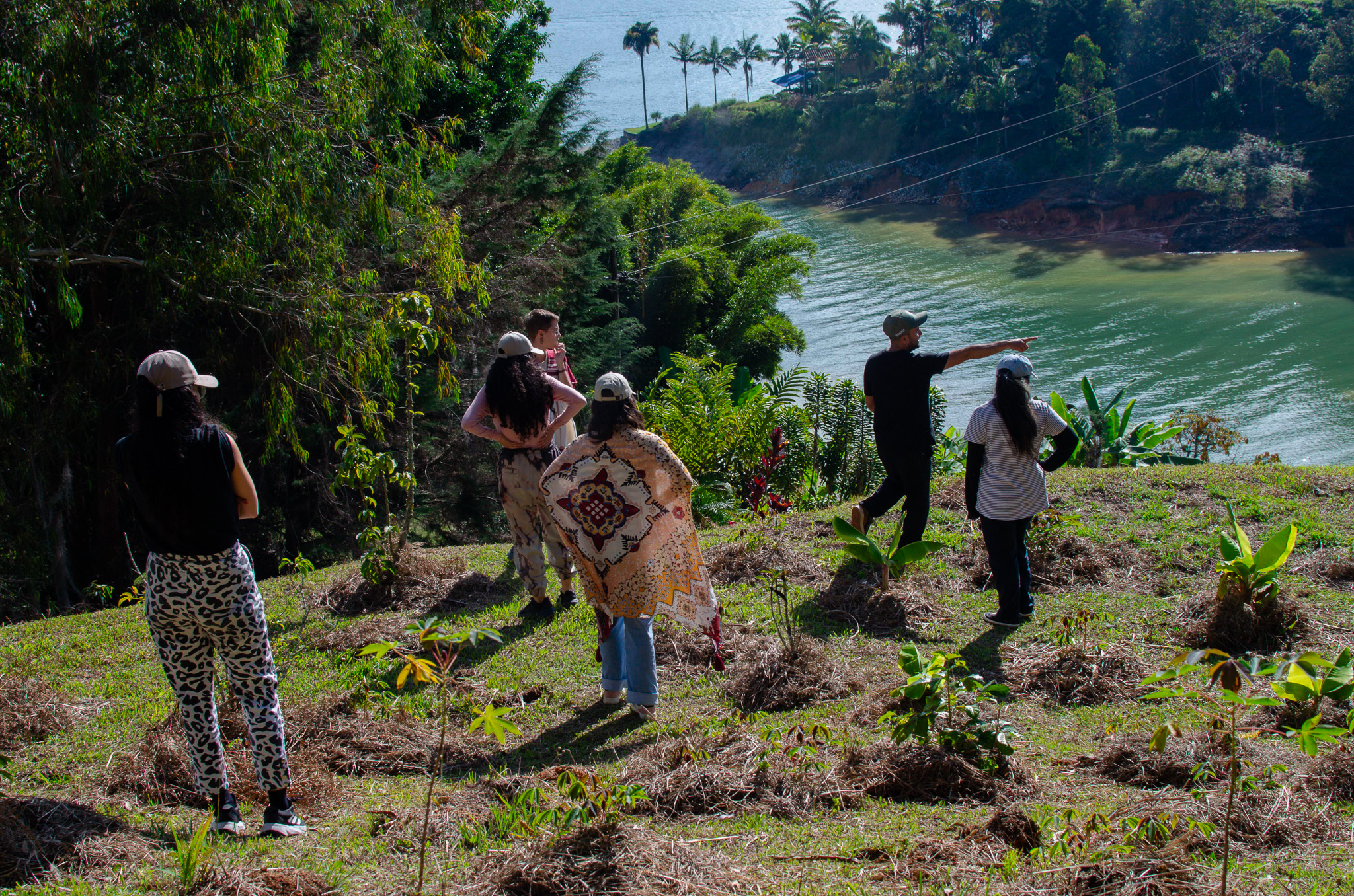

_DSC4899 - Los Sabores Perdidos.jpg 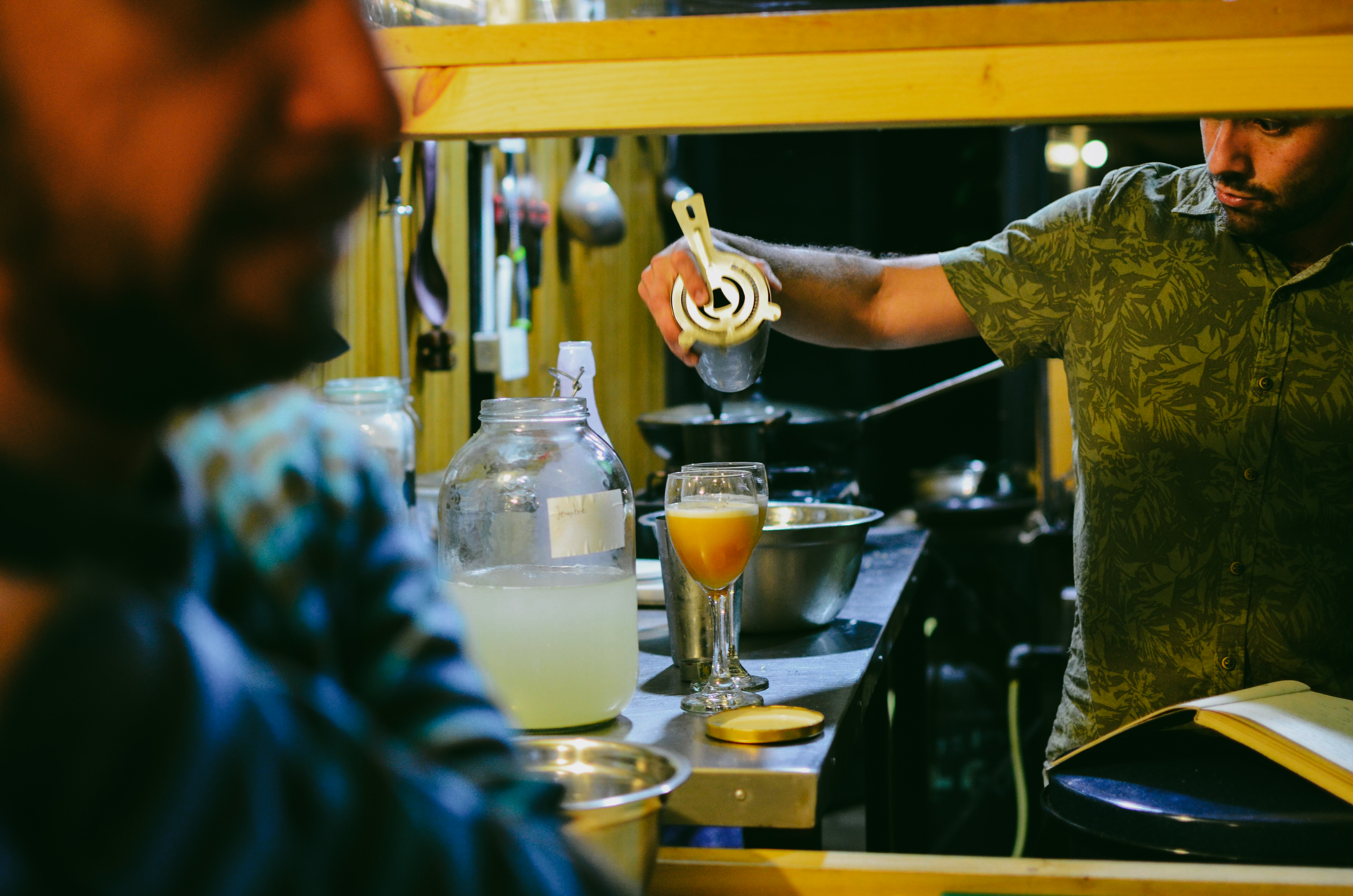

_DSC4019 - Los Sabores Perdidos.jpg